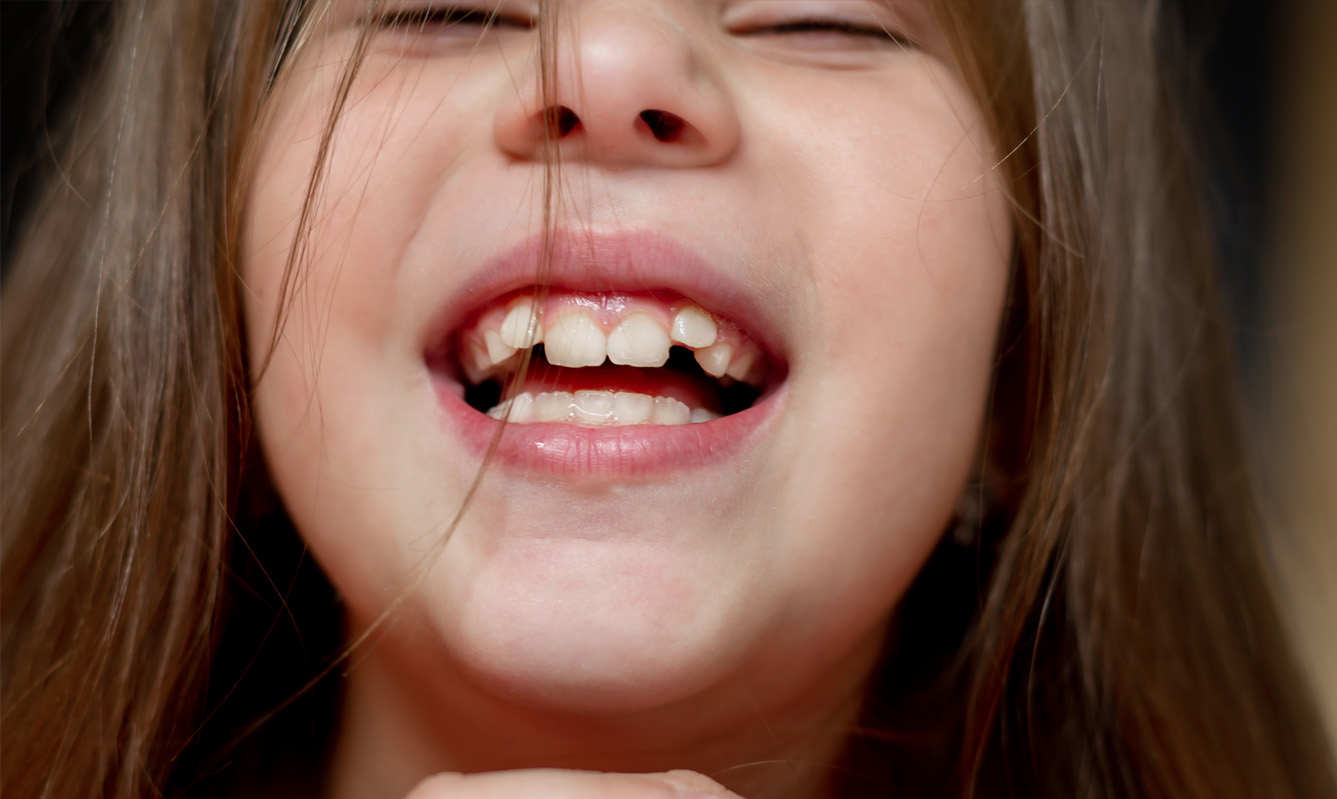It can be hard to know when kids are showing signs of dental problems and may be in need of braces, especially if you didn’t grow up with braces yourself. Regular checkups can help catch potential problems. However, between dentist visits, what signs can you keep an eye out for?
Your child’s eating habits can be a clue to their dental health. If your child doesn’t eat much or sticks to soft foods, you might think they’re just a picky eater. However, it could signal that they’re experiencing uncomfortable or painful chewing. And despite having problems chewing food, they may not tell you for fear of going to the dentist’s office. Here are more signs that your child may need dental braces.
Things that make eating difficult
Having a proper bite is key to chewing food. There are several issues that can impact your child’s bite, including crooked teeth, crowded or overlapping teeth, and malocclusions. A malocclusion is an improper jaw alignment that can be corrected with braces.
Most people are familiar with malocclusions under the name’s “overbite” and “underbite”. All of these issues affect comfort when eating and can negatively impact dental health. Having misaligned or crowded teeth can put uneven wear on the teeth, leading to more significant dental problems later in life.
Enjoying every bite
Many articles recommend braces for cosmetic purposes and there’s no harm in having a nice smile. But treatment is as much about comfort and good health as it is about aesthetics. Getting braces for your child can fix chewing problems and have them back to enjoying food.
As a parent, the desire to take away pain and discomfort from your children can be extremely compelling. Finding the best options for braces for kids is the first step.
Worried that traditional bracketed braces will be too uncomfortable for your child? Ask their orthodontist about alternatives like Invisalign, Inbrace Smartwire or other lingual braces.
